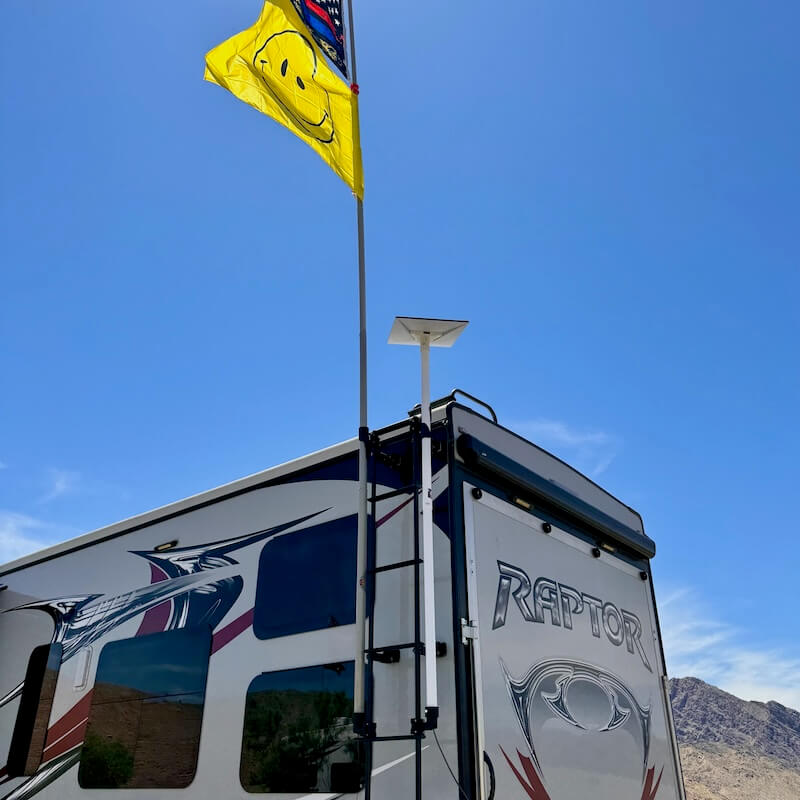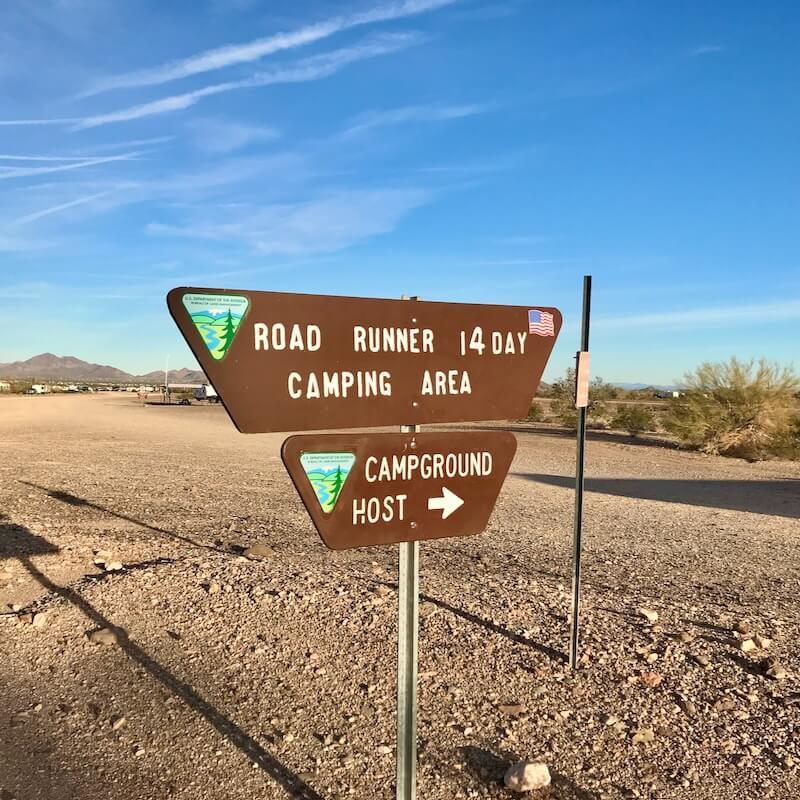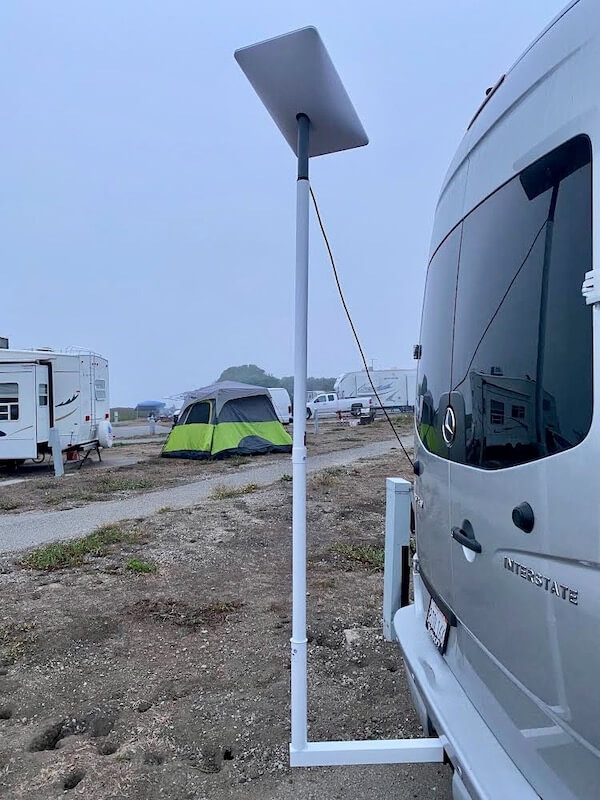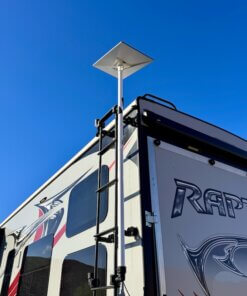Life on the road is exciting, but staying connected is important for work, family, and fun. Finding good internet for RV living can be difficult. This is especially true in remote areas where a cell phone does not work. These places often have weak cellular coverage and few public Wi-Fi options.
This guide helps RVers find the best RV internet options for life on the road. It includes high-speed internet, mobile internet, satellite solutions, and cellular data plans.
Why RVers Need Reliable Internet
For RVers, high-speed internet is not just a luxury. It is needed for work, entertainment, and staying connected to family. RV internet solutions are different from traditional home internet. They need to be portable and flexible. They must work in many places, like remote areas or busy RV parks. Choosing the right solution will help you enjoy the freedom of the road while staying connected.

Top Internet Solutions for RV Life
1. Mobile Hotspots and Cellular Data Plans
One of the most popular internet solutions for RVers is the mobile hotspot. Mobile hotspots create a Wi-Fi network using a cellular data plan. This turns your phone or a special device into a portable internet source. Here’s what to know about mobile hotspots:
- Choose the Right Carrier: Major providers like Verizon, AT&T, and T-Mobile offer extensive network coverage across the U.S., though coverage varies by location, especially in remote areas. Check carrier maps before selecting a plan.
- Select a High-Data Plan: Look for a data plan with high or unlimited data caps. High-speed internet needs may vary depending on how often you use streaming services, make video calls, or browse the web.
- Invest in a Mobile Router: Mobile routers specifically designed for mobile internet are helpful for RVers. They provide a more robust signal, handle multiple devices, and can offer greater range than a phone-based hotspot.
Pros of Mobile Hotspots:
- Easy to set up and use on the go.
- Works anywhere with cellular signal.
Cons of Mobile Hotspots:
- Coverage varies by area.
- Data caps or throttling may limit use.
2. Satellite Internet for Remote Areas (e.g., Starlink Roam)
If you frequently find yourself in remote locations without cellular signal, satellite internet may be the best internet solution for RV life on the road. Starlink Roam, a popular choice among RVers, has made satellite internet more accessible than ever before.
- Internet Access Anywhere: Satellite internet, especially Starlink Roam, allows you to stay connected in remote areas where cellular networks may not reach.
- Portable and Flexible: Starlink’s equipment is designed to be portable, allowing you to set up high-speed internet service wherever you park your RV.
- Consider the Investment: Satellite internet requires an initial equipment purchase, and monthly service fees can be higher than traditional mobile internet options.
Pros of Satellite Internet:
- Provides high-speed internet in areas without cell coverage.
- Ideal for those who frequently travel off-grid.
- By signing up through our referral link, you get a free month of Starlink service. We also receive a month free, which helps us continue to share resources like these. If you need a way to stay online while on the road, Starlink is an excellent choice.
Cons of Satellite Internet:
- Requires a clear sky view for best performance, making it less reliable in heavily wooded areas.
- Higher equipment and service costs.
-
Product on sale
 Starlink RV Pole Kit$149.95 – $269.95
Starlink RV Pole Kit$149.95 – $269.95
3. Wi-Fi Extenders for Better RV Park Connectivity
While many RV parks offer free Wi-Fi, the service can often be slow or unreliable. Wi-Fi extenders, also known as Wi-Fi boosters, are excellent for enhancing weak signals at campgrounds and RV parks.
- Extend Weak Signals: A Wi-Fi extender helps capture weak signals from the RV park and boost them for stronger, more reliable connections.
- Great Backup Option: While not ideal for primary use, a Wi-Fi extender can be a good backup when you’re staying in locations with public Wi-Fi.
- Combine with a Mobile Hotspot: For the best results, pair your Wi-Fi extender with a mobile hotspot to ensure you always have a reliable internet option available.
Pros of Wi-Fi Extenders:
- An inexpensive solution to improve Wi-Fi signals.
- Great for light internet use in RV parks and campgrounds.
Cons of Wi-Fi Extenders:
- Relies on existing Wi-Fi networks, which can be slow or overcrowded.
- It is not suitable for remote areas without Wi-Fi.
4. Cellular Signal Boosters for Rural Connectivity
A cellular signal booster can be a lifesaver when you’re traveling through areas with weak cell signals. Boosters capture weak cellular signals and amplify them, making it easier to connect to mobile internet even in rural or low-signal areas.
- Perfect for Low-Signal Areas: Cellular boosters are especially useful in rural and remote areas where cellular networks are weak or inconsistent.
- Compatible with Mobile Hotspots: Pairing a cellular booster with a mobile hotspot can improve internet access for multiple devices, allowing family members to connect simultaneously.
Pros of Cellular Boosters:
- Reliable for extending signal strength in low-coverage areas.
- Compatible with cellular-based internet services.
Cons of Cellular Boosters:
- It only amplifies existing cellular signals; it doesn’t create internet access.
- It may have compatibility limitations with some carriers.

5. Public Wi-Fi Networks as a Backup Option
Some RVers prefer using public Wi-Fi networks, which are available at RV parks, campgrounds, libraries, and coffee shops. While this option is cost-effective, it may not always be reliable or secure.
- Inexpensive Access to Internet Service: Public Wi-Fi can be a good option for quick internet needs, especially if you’re checking emails or doing light browsing.
- Consider Security Risks: Public Wi-Fi networks are typically less secure than private connections, so use a VPN when accessing sensitive information on public Wi-Fi.
Pros of Public Wi-Fi:
- Free or low-cost.
- Available at most RV parks and campgrounds.
Cons of Public Wi-Fi:
- Often slow, especially during peak hours.
- Potential security risks for sensitive data.
Maximizing Your RV Internet Setup: Tips for Best Internet Solutions for RV Life on the Road
- Combine Multiple Solutions: Many RVers find that using two or more internet options provides the best connectivity. For example, combining a satellite internet service like Starlink Roam with a mobile hotspot creates a reliable setup for remote and on-grid locations alike.
- Monitor Data Usage: Track your data usage to avoid unexpected overages or throttling. This is especially important if you rely on mobile hotspots or satellite internet with limited data caps.
- Invest in High-Quality Hardware: Reliable hardware, such as cellular boosters, mobile routers, and Wi-Fi extenders, can make a significant difference in internet connectivity. Visit Hitched4fun.com to explore a variety of high-quality RV internet products and accessories.
- Engage in Online RV Communities: RV forums and social media groups can provide real-world insights and tips from experienced RVers. Hearing about others’ internet setups can help you make informed decisions.

Choosing the Right Internet Service for Your Needs
The best internet solutions for RV life on the road will vary depending on your specific needs, travel patterns, and budget. Here’s a quick comparison to help you decide:
- Frequent Off-Grid Travel: If you spend a lot of time in remote areas, satellite internet is likely your best option. Starlink Roam provides reliable high-speed internet where cellular and public Wi-Fi options may be unavailable.
- Staying in RV Parks and Campgrounds: If you frequently stay at RV parks with Wi-Fi, a Wi-Fi extender or booster can help improve signal strength. You may also want to use a mobile hotspot as a backup.
- Low-Signal Rural Areas: For RVers who travel through rural areas with weak cellular networks, a cellular booster combined with a mobile hotspot can help you stay connected.
Frequently Asked Questions (FAQs)
1. What’s the best internet solution for remote locations in an RV?
For RVers frequently in remote areas, satellite internet, such as Starlink Roam, provides high-speed internet where cellular service may be weak or nonexistent.
2. Can I rely on RV park Wi-Fi as my primary internet service?
RV park Wi-Fi can be useful but is often slow and unreliable. Many RVers use it as a backup rather than their main source of internet.
3. How do I improve cellular signal strength in rural areas?
A cellular signal booster can help amplify weak signals, making it easier to stay connected even in low-signal areas.
4. Are mobile hotspots good for full-time RVers?
Yes, mobile hotspots are popular among RVers, but you’ll need a data plan with high or unlimited data caps and good coverage from your carrier.
5. Is Starlink Roam a practical solution for RVers?
Starlink Roam offers reliable high-speed internet in many remote areas, making it a great option for RVers who need consistent connectivity. Read “The Ultimate Guide to Choosing a Starlink Pole Mount for RVs” for more information.
In summary, there is no one-size-fits-all solution when it comes to internet access for RV life on the road. Choosing the right combination of high-speed internet, mobile hotspots, Wi-Fi extending tools, and cellular signal boosters can ensure you stay connected whether you’re parked at an RV park or exploring the great outdoors. To find the best options and high-quality RV internet equipment, explore the latest solutions at Hitched4fun.com, America’s #1 RV Supply Store.
#hitched4fun #RVlife #bestinternetsolutions #internetontheroad #mobilehotspot #rvinternet #starlinkroam #campgroundwifi #cellularsignal #RVtravel #satelliteinternet #internetaccess #RVfulltime #RVadventures


